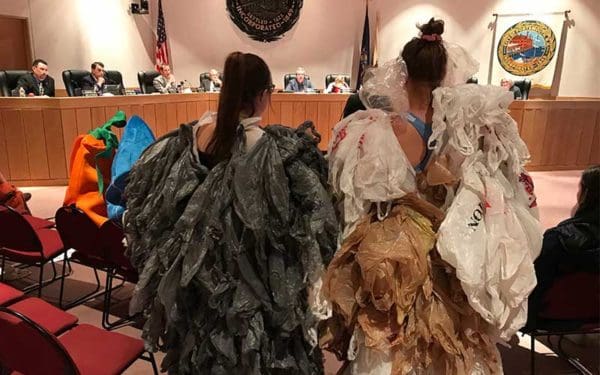Tackling the Trash Crisis
We’re protecting communities from toxic waste.

We’re protecting communities from toxic waste.

These polluting products are two sides of the same coin, and Big Oil and Gas are the culprits.
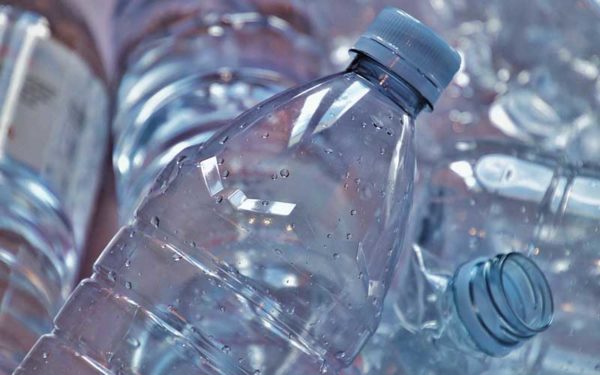
CLF’s unique social investment funds flip that script. With our business, philanthropic, and community partners, we have created a national model for ensuring that change is led by the people already living in a neighborhood, united by a common vision for their future.
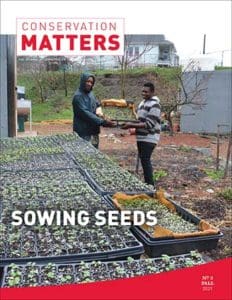
Connecticut’s updated bottle bill is both a step forward and a step back. We break down the good, the bad, and the ugly of the new legislation.
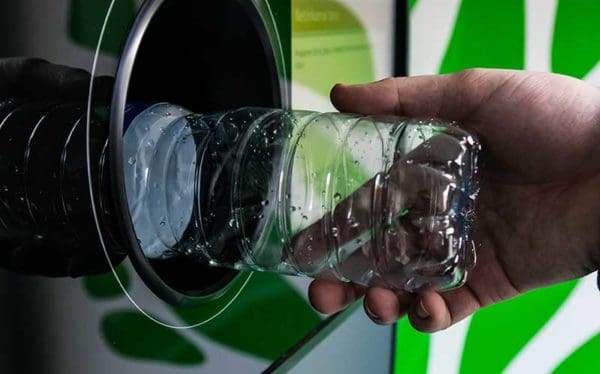
Maine legislators are working to shift soaring recycling costs back where they belong: onto the producers of unmanageable plastic packaging.

Despite many good intentions, curbside recycling has turned out to be a disaster. But that doesn’t mean recycling is dead. We have solutions. One of the best systems for recycling our plastic, glass, and aluminum containers is the bottle return program, also known as the “bottle bill” or deposit-return.
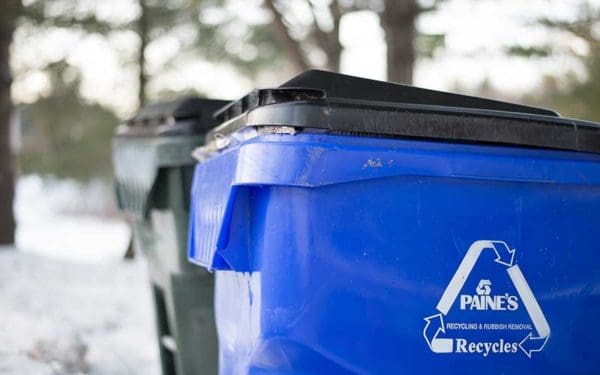
Although some New England states pioneered the bottle return system, they have since fallen behind. But New England can improve its recycling by updating or adopting bottle return systems in each state. This would help reduce litter in our neighborhoods, parks, and waterways; it would keep recyclable material out of landfills and incinerators; and it would lift some recycling costs off of communities.
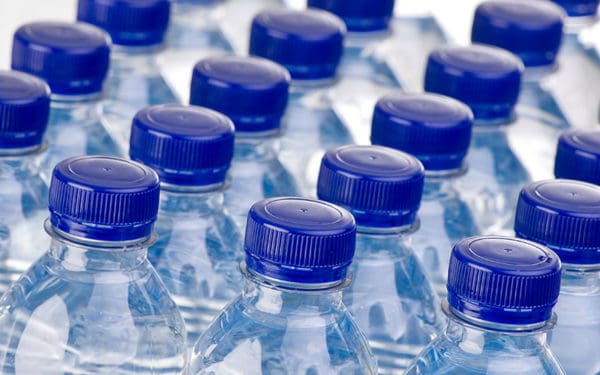
“Single-use plastic bags are made from dirty fossil fuels and have no place in our daily lives,” said Amy Moses, Vice President and Director of CLF Rhode Island. “These bags wreck our climate and choke wildlife. More than half of Rhode Island’s population already lives in a community with a plastic bag ban. It’s time to pass a strong statewide law that stops this blight on our environment for good.”
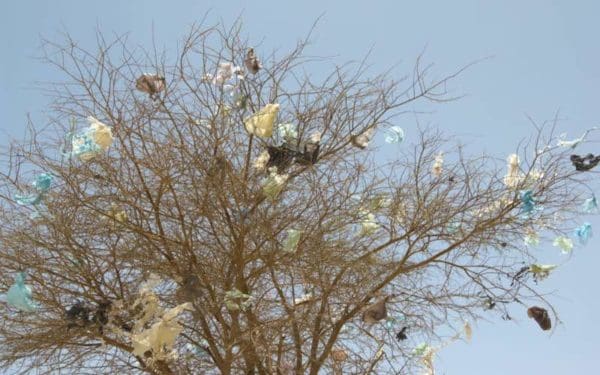
With the Vermont General Assembly reconvening, CLF is working with lawmakers to advance solutions that protect our natural resources, build healthy communities, and sustain a vibrant economy on behalf of all Vermonters. This session, we’re focusing on cutting carbon, limiting plastic pollution, protecting the state from toxic “forever chemicals,” defending water quality, and more.
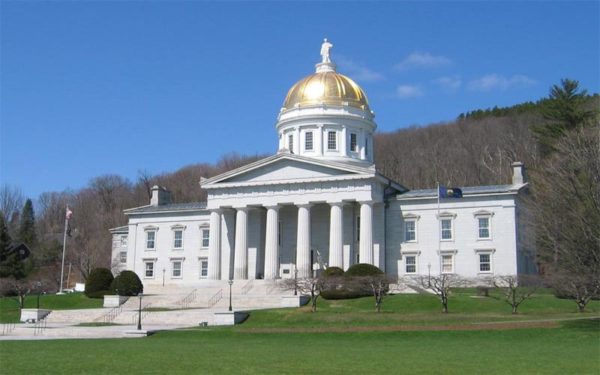
What do polystyrene foam containers, paper coffee cups, and plastic grocery bags, food ware, and straws all have in common? None of them are recyclable and they cost towns and cities an enormous amount of money. What’s more, heaps of these single-use items end up on our beaches and shores, serving as an ugly reminder… Continue reading New Hampshire Joins the Fight Against Plastic Pollution
